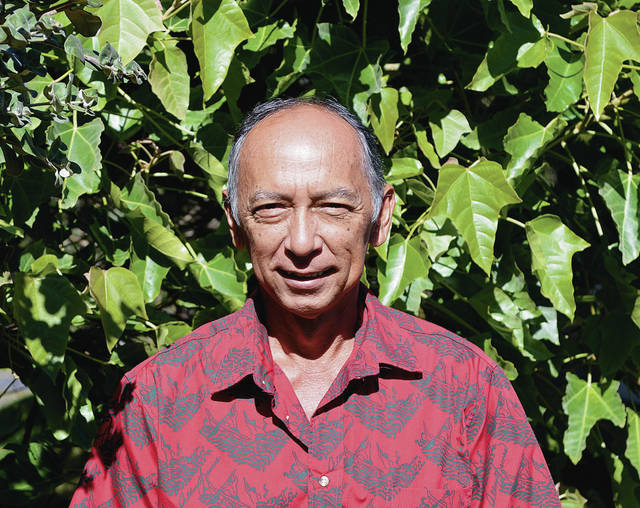Hawaiʻi Farm Bureau President's Message
Aloha HFB Members and Supporters,
Every session, we introduce pro-agriculture bills through our friends at the legislature that will help Hawaiʻi’s farmers and ranchers stay viable and thrive. In addition, we follow, and when appropriate, provide our expertise on the thousands of other bills that move through the legislature before they can become law. It’s a gargantuan task and we can’t do it alone. Thank you for answering the call for a grassroots engagement at hearings and through your written testimony supporting helpful bills and opposing damaging ones.
HFB is pleased that five of our priority bills passed this session. In dollar terms, this represents $4,450,000 in funds for agriculture. HFB was also approved to receive $150,000 Grant-In-Aid. These are our measures that passed:
- Funding for water infrastructure and development (HB 1259 – State CIP Budget Bill)
- Funding for Agricultural Emergencies and Agriculture Loan Program, including loans to help local farmers and ranchers impacted by natural disasters (SB 1148)
- Funding for the Hawaiʻi Association of Conservation Districts (HB 116)
- Funding to revive the Aquaculture Development Program within DOA (SB 753)
- Funding for the Honalo Marshaling Facility to accommodate increased processing of ‘ulu and other co-crops (HB 1259 – State CIP Budget Bill)
HFB will continue to work with legislators on other initiatives to benefit Hawaiʻi’s agricultural community. Please note that this is the first year of the legislative biennium, so any bill pending this session will automatically carry over to the 2020 session with the same bill number and bill status.
One issue that sapped a lot of time, energy, and unfortunately, goodwill, was the “water bill”. This bill would have allowed DLNR to continue to issue short-term water permits to benefit hundreds of farmers and ranchers on the Big Island, Maui, and Kauaʻi who rely upon them. In many cases, these producers, on tens of thousands of acres, have no other access to irrigation and livestock water.
Opponents strategically reframed the issue, disingenuously portraying it as a fight between East Maui taro farmers and corporations. The misinformation was overwhelming, with local media helping to spread the tales. This irresponsible and relentless fear-mongering prevented legislators from taking any action to assure farmers continued access to water. Legislative action was necessary because the water permits expire at the end of this year.
It is ironic that opponents dubbed their movement as “Wai for All”. Local farmers who raise livestock and grow crops besides taro, also need water. And there is enough water for all. Although bill opponents led the public and legislators to believe otherwise, East Maui taro streams have been restored at nearly 100%. The legislative bills would not have taken away any of this water; no bill would have un-restored streamflow. For a state that professes to want self-sufficiency and the doubling of food production, this lack of understanding and action is baffling. Without water, there can be no agriculture.
We may not have the catchy phrases and Facebook memes, but we have the truth. Please help us spread the word.
And as always, please contact the HFB office at 848-2074 if you have any questions or would like to discuss any of this in more detail.
Mahalo,
Randy Cabral

